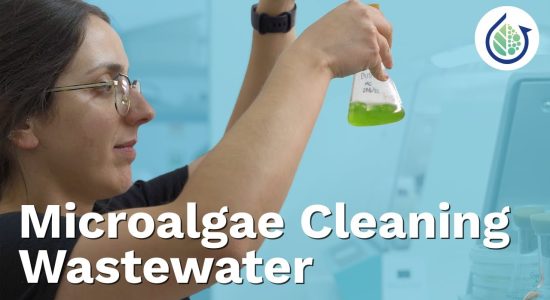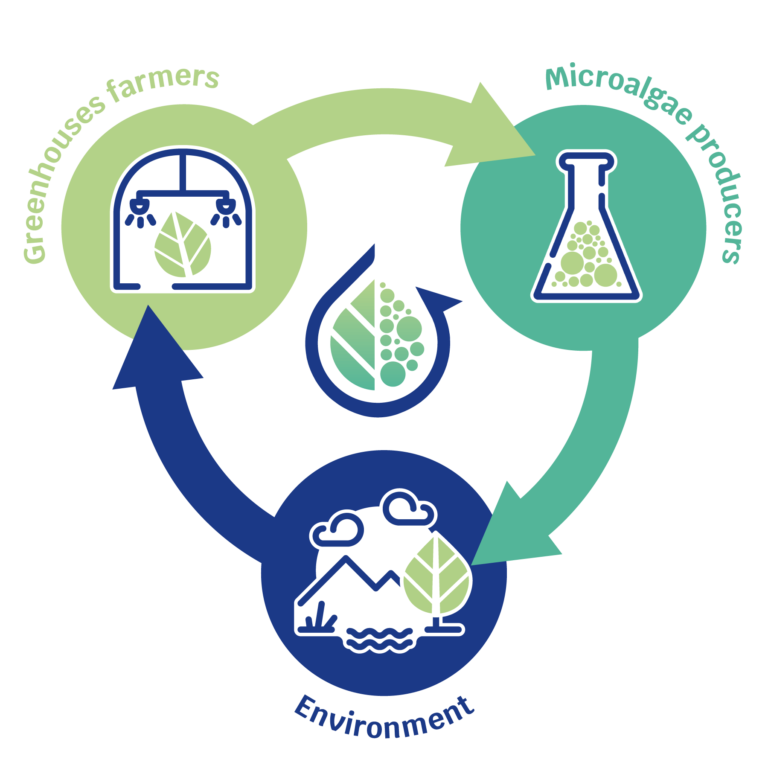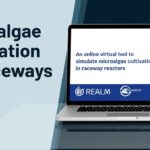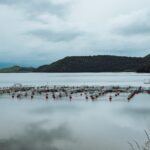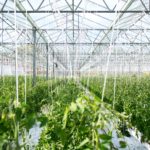The REALM project brings greenhouse farmers and microalgae producers together
to help them overcome some of the biggest challenges they are facing today.

Free webinar: An online virtual tool to simulate microalgae cultivation in raceway reactors
Register now ! (This element is for tablet and mobile)
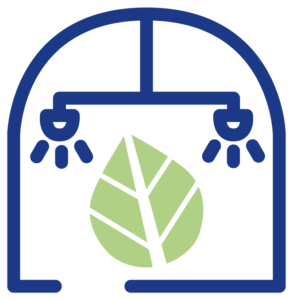 Farmers of soilless cultivation
Farmers of soilless cultivation
need high-quality water to irrigate plants. They add nitrogen and other nutrients to the irrigation water so plants grow quick and healthy. The water that is not used by the plants runs off and is collected in drain water basins or tanks.
The farmers cannot directly reuse the irrigation water. It does not have the required quality, might spread plant diseases, and in the worst case destroy entire harvests. To discharge this drain water into the environment, greenhouse farmers have to comply with regulations and treat the drain water to decrease the concentration of the nutrients therein.
This is important because improperly treated drain water can add too many nutrients into the environment. If they accumulate in our rivers, lakes and oceans, nutrients like nitrogen and phosphorus can cause the excessive growth of plants or algae. This leaves too little oxygen available for fish and other aquatic creatures, creating ‘dead zones.’
High-tech equipment to treat drain water is expensive. Microalgae are great candidates to help clean the drain water in an economic and sustainable way.
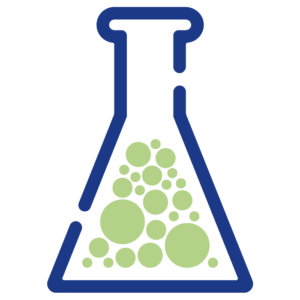 Microalgae producers
Microalgae producers
can grow microalgae cost-effectively in the drain water from soilless cultivation, instead of using fresh water.
In the REALM project, we develop a new cost-effective cultivation approach to grow microalgae while also cleaning drain water and reducing the freshwater demand.
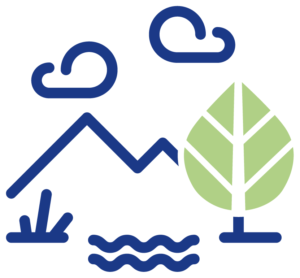 Nature
Nature
purifies water, replenishing our freshwater reserves and contributing an essential service to society and economy.
The natural water cycle is under great strain. Although industries slowly become more water efficient, the industrial demand for freshwater increases with the growing economy. This causes freshwater resources to decline – a situation intensified by global warming.
Industries like soilless agriculture and microalgae production need to redesign their processes to both reduce their freshwater demand and reuse water. When working together, these two industries can achieve this and perform the ‘ecosystem service’ of cleaning the water themselves.
Reduced water consumption by recycling and reusing drain water helps the soil to absorb, clean and store more water. This mitigates the scarcity of high-quality freshwater.
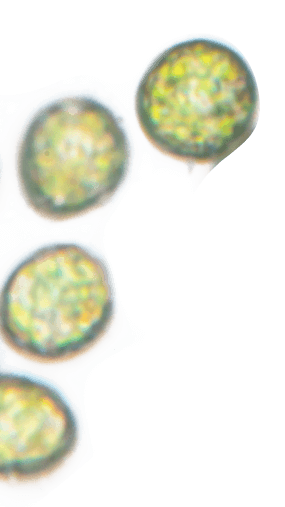
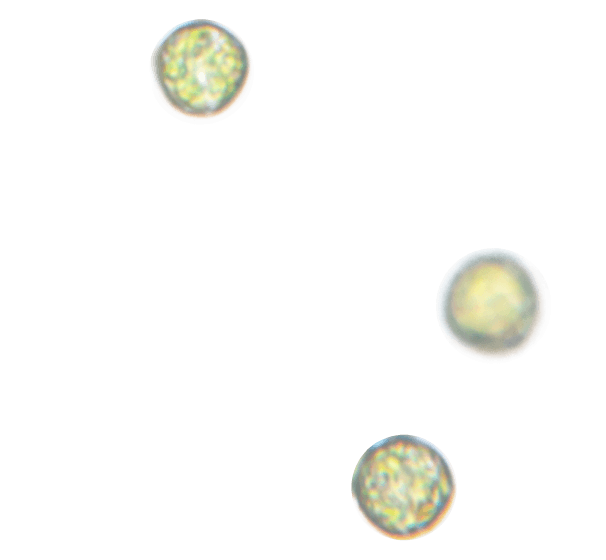
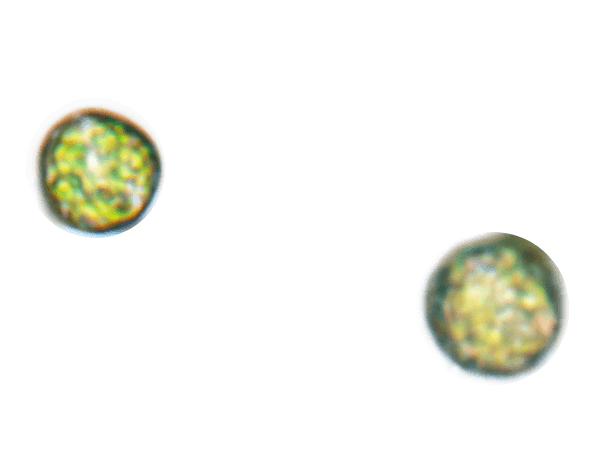
The impact of REALM on soilless agriculture, microalgae production, aquaculture and the environment.

At least
50% less energy consumption
in microalgae production

Less than
10€ production costs
for microalgae per kg dry weight
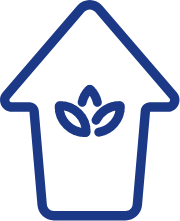
Up to
30% more biomass
produced
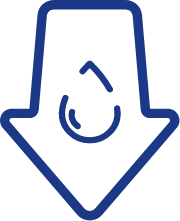
Reducing
Freshwater
consumption

More than
8 new products
for agriculture and aquaculture

Less than
15mg/L of total nitrogen
left in the drainwater
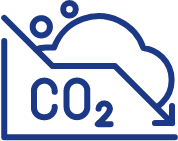
Capturing
CO2
directly from the air

In 2026
the REALM business model
will be ready for replication
Listen to the experts:
In REALM we want to revolutionise microalgae production. And while we are at it, also foster circular agriculture and a more sustainable aquaculture. How? Our microalgae producers, greenhouse farmers and aquaculturists will explain it to you.
What‘s new at REALM?
Want to know more about REALM or microalgae?
We are eager to answer your questions
Technical enquiries

- Mariana Carneiro
- Necton
- mariana.carneiro[at]necton.pt
- +351 289 093 209

- Alexandre Rodrigues
- Necton
- alexandre.rodrigues[at]necton.pt
- +351 289 093 209
